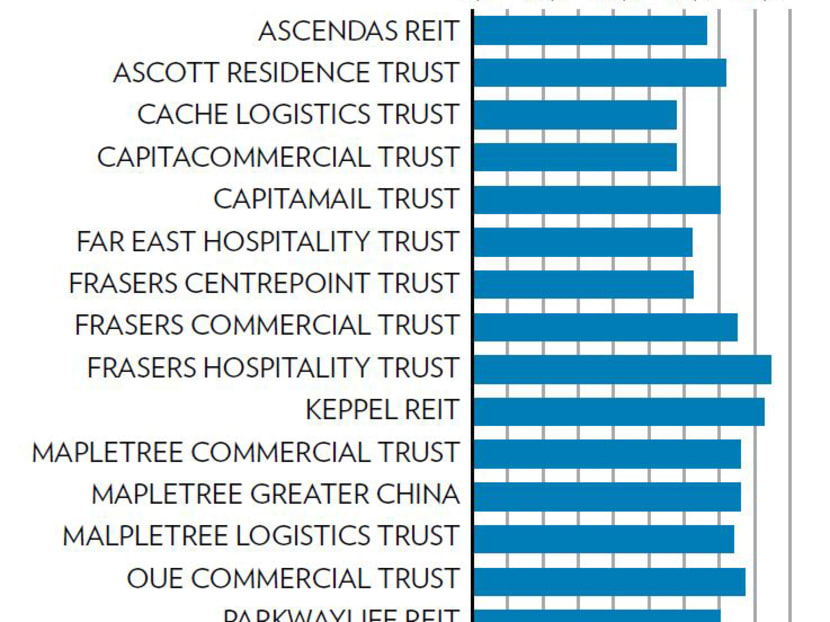MAS proposals to tighten S-REIT rules are credit positive: Moody’s
SINGAPORE — The proposals by the Monetary Authority of Singapore (MAS) to tighten the regulation of Singapore real estate investment trusts (S-REITs) are credit positive for the sector because they would foster financial discipline, enhance corporate governance and strengthen investor confidence, Moody’s Investors Service Singapore said yesterday.

SINGAPORE — The proposals by the Monetary Authority of Singapore (MAS) to tighten the regulation of Singapore real estate investment trusts (S-REITs) are credit positive for the sector because they would foster financial discipline, enhance corporate governance and strengthen investor confidence, Moody’s Investors Service Singapore said yesterday.
In its first major review of the sector in seven years, the MAS last Thursday proposed changes to the regulatory regime governing S-REITs and their managers, including lowering the borrowing limit for trusts that are assigned a rating by a major credit rating agency such as Moody’s, Standard & Poor’s or Fitch.
Lowering borrowing limits for rated S-REITs would ensure the trusts maintain a prudent approach when funding expansion plans and reduce potential losses to creditors, Moody’s said.
Under the current rules, rated S-REITs can borrow up to 60 per cent of their total assets, while unrated S-REITs can leverage up to 35 per cent. The MAS proposed a single leverage limit of 45 per cent across the sector, regardless of whether the S-REIT is rated or not. The single leverage limit would also reduce the industry’s overall refinancing risk, since about two-thirds of S-REITs are rated, Moody’s said.
As shown in the table, the leverage ratios of the 17 S-REITs that Moody’s rates, as measured by total adjusted debt to total deposited assets, were all below 45 per cent as of the end of June.
“We do not expect any S-REIT to breach this level. Rated S-REITs have capped their leverage ratios under 45 per cent since emerging from the global financial crisis in 2009,” said Moody’s analyst Jacintha Poh.
Other proposals to strengthen corporate governance and enhance disclosures on income support arrangements, total operating expenses, length of new leases and debt maturity profiles were also credit positive, Moody’s said.
These included imposing a statutory duty on the S-REIT manager and individual directors to prioritise the interest of the unit holders in the event of a conflict of interest. The MAS also proposed increasing the number of independent directors on the board, disclosing remuneration policies and remuneration bands of directors and executive officers and having S-REIT managers put themselves up for re-appointment at regular intervals.
Moody’s viewed the proposal to increase an S-REIT’s development limit to 25 per cent of its deposited property from 10 per cent as marginally credit negative. However, it said that while the increased ability to take on development projects exposes S-REITs to the greater risks and uncertainties associated with property development, it would also give them more operational flexibility to renovate older properties, which would increase rental yields and improve financial performance.





